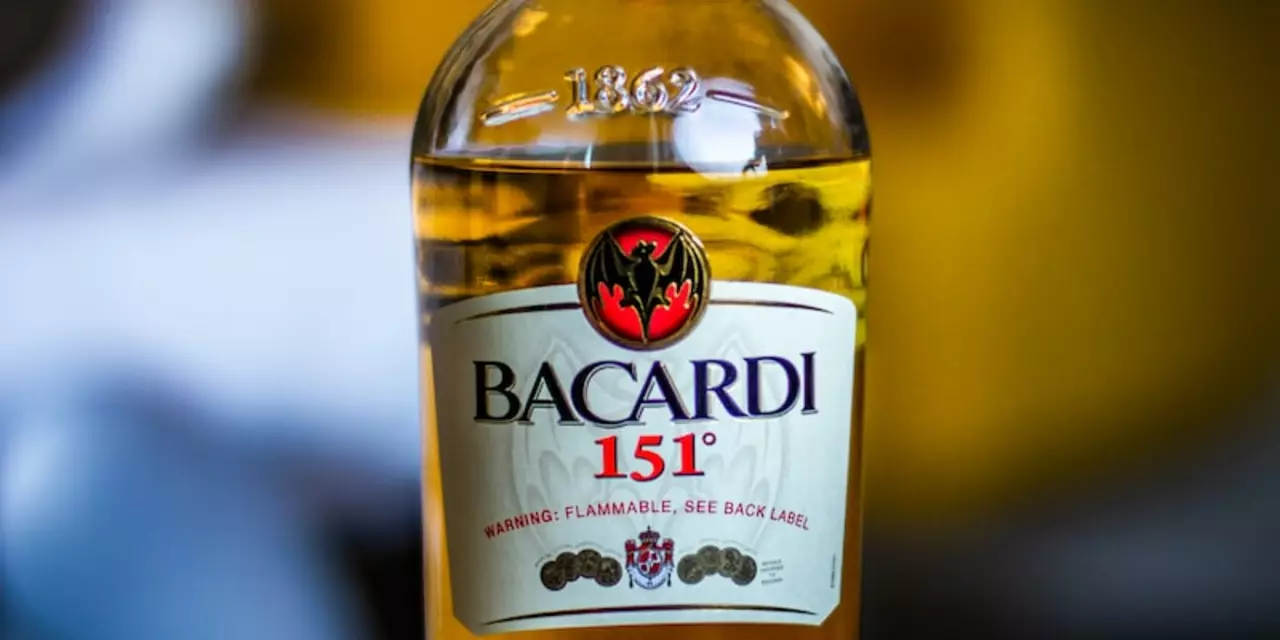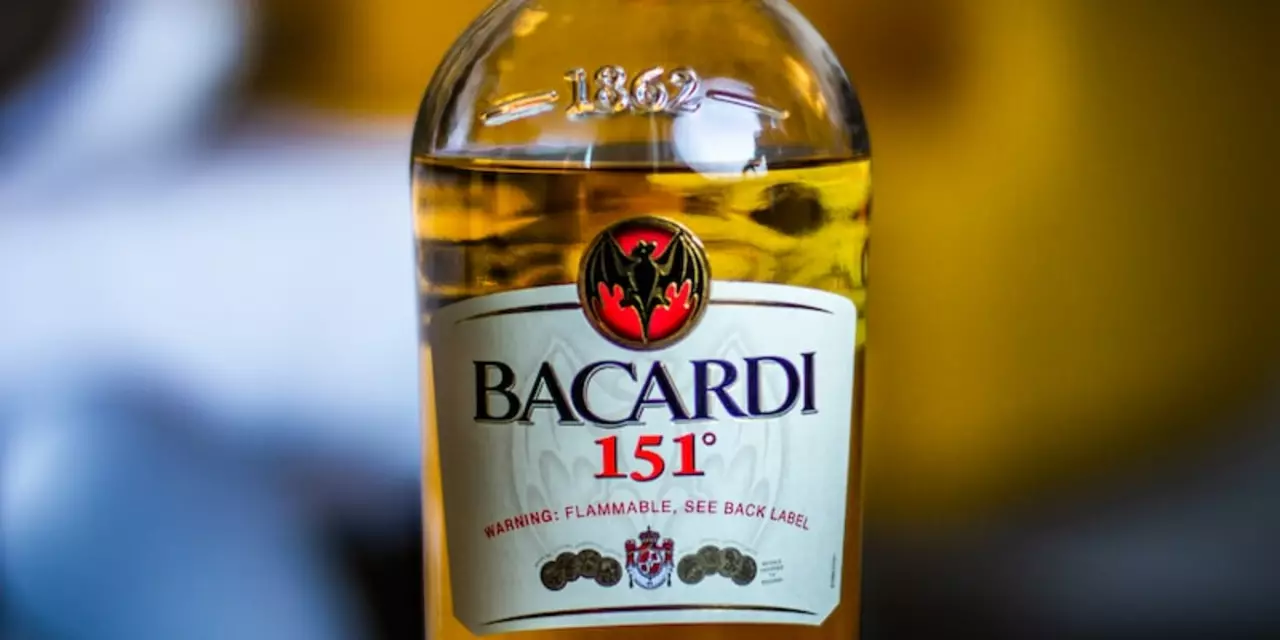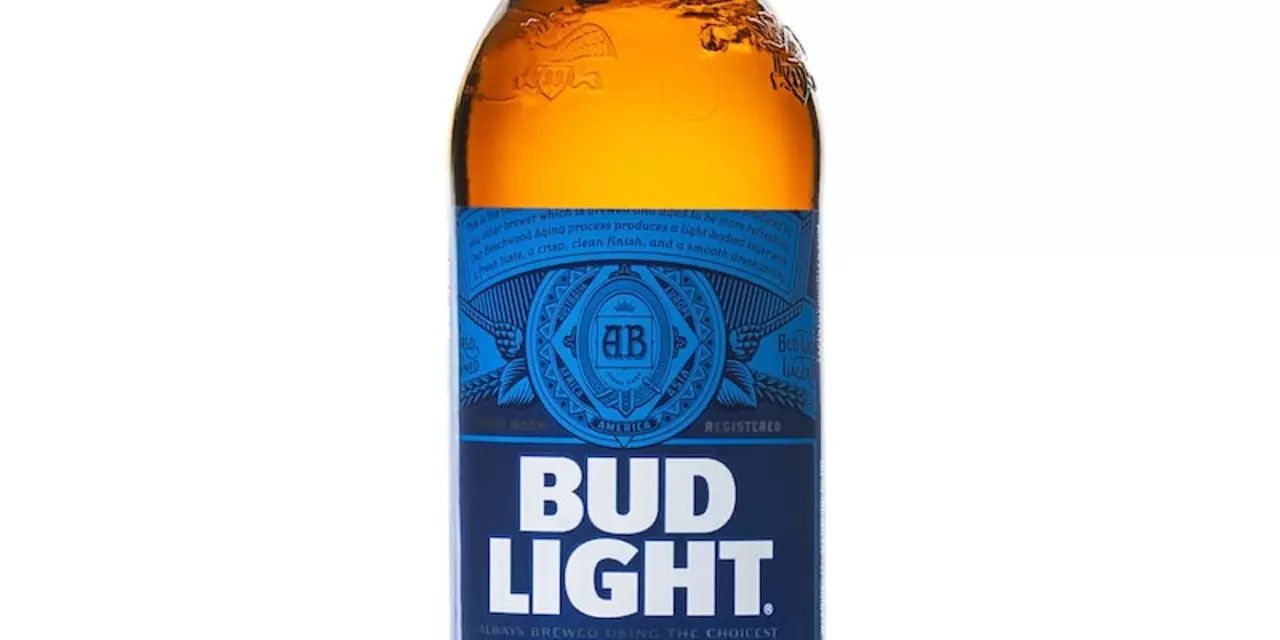Alcohol, Addiction, and Health: Real Questions Answered
Ever wondered if rehab means saying goodbye to your dream career as a police officer? Turns out, having gone through alcohol rehab doesn't automatically shut that door. As long as you stay sober and show you’ve turned things around, being a cop is possible. It’s about staying honest, owning your growth, and proving you can handle the challenge. People change. Employers know that, especially in a role like law enforcement where real experiences matter.
Pour a shot, top it with water – does that actually lower the alcohol? It might sound obvious, but adding water really does dilute your drink. That means you’re sipping less alcohol per gulp. Of course, drown your whiskey too much and it’ll taste like, well, watered-down whiskey. The trick is finding the right balance between keeping the flavor and taking the edge off.
“How much is really too much?” That’s a hot topic, and it doesn’t come with a one-size-fits-all answer. Some folks can drink 5-6 units of alcohol twice a week with no issues, while others start feeling the side effects way sooner. Factors like age, body size, genetics, and your past drinking history all play a part. It’s smart to know your limits and listen to your body – moderation is key.
Worries about drinking too much aren’t just for doctors or scientists. Alcoholics often obsess over the physical toll, the shame, the cost, and the strain on friendships and families. Even in recovery, the fear lingers—will I relapse, will people judge me? Support from others and tackling these thoughts head-on helps break the cycle.
A persistent myth: “Alcohol gives you energy” or “It’ll make you sleep better.” Sorry, it’s just not true. Alcohol is a depressant. Sure, it might help you nod off, but the sleep you get isn’t quality shut-eye. It’s more likely to wreck your rest and leave you feeling drained.
When it comes to the dangers, a big question pops up—how much alcohol does it take to damage your liver or even kill you? There’s no fixed answer. Age, weight, gender, and genetics all play their part. But even small amounts, over time, stress your liver. And, yes, drinking too much in one go can actually be fatal. Some people have died from a single binge. No scare tactics—just the facts.
Ever been to an AA meeting? You don’t have to introduce yourself as “an alcoholic” if you don’t want to. Sharing is encouraged, never forced. People drop out of AA for all sorts of reasons, like not connecting with the 12-step process or wanting a different kind of support. Whatever your path, choosing what feels right for you matters most.
Alcohol isn’t just a personal issue. In Japan and around the world, heavy drinking is culture, but also a problem. Governments try policies like higher taxes or bans on free-flow drinks, but that’s just one piece of the puzzle. Education and real support for those who struggle make the difference.
If you’re researching or worrying about alcohol—whether for yourself or a loved one—you’re not alone. These answers come from practical questions people face every day, and the discussion never stops evolving. Being curious, asking tough questions, and seeking real info is sometimes the best first step to making smarter choices.
Can I become a police officer if I was in rehab for alcohol use?
If you've been in rehab for alcohol use, you may be wondering if you can still become a police officer. The answer is yes, as long as you demonstrate that you have successfully completed your rehabilitation process and can provide evidence that you have been sober for a significant amount of time. Becoming a police officer after rehab for alcohol use requires dedication, hard work, and a commitment to sobriety. It is possible to make a successful transition into law enforcement if you have the right attitude, the right resources, and a willingness to learn and grow. With the right approach, you can make a positive impact on the community and help to make the world a better place.
Does adding water reduce alcohol percentage in a drink?
Alcohol content in drinks is a major consideration for many people. But does adding water reduce the alcohol percentage in a beverage? The answer is yes - adding water to a drink can reduce the alcohol content by diluting it. This is by far the easiest and most effective way to reduce the alcohol percentage of a drink. However, it should be noted that adding too much water may also make the beverage less flavorful. Therefore, it is important to find the right balance when adding water to drinks in order to reduce the alcohol percentage without compromising taste.
At what point do you die of too much alcohol?
Alcohol abuse is a deadly issue that can have tragic consequences. Even if you haven’t been drinking for a long time, the amount of alcohol in your system can still be too much. The question is, at what point does a person die from too much alcohol? The answer is, unfortunately, that it depends. Factors such as age, gender, weight, and overall health play a role in how much alcohol a person can consume before it becomes fatal. Additionally, it’s important to note that any amount of alcohol can be dangerous. Even one drink can be deadly if a person’s tolerance is low. It’s important to drink responsibly and understand the dangers of excessive drinking.
Is 5-6 units of alcohol twice a week too much?
This is a question that has been debated extensively, and the answer depends on a variety of factors. Consuming 5-6 units of alcohol twice a week can be too much for some people, while others may be able to handle it without any negative side effects. It is important to consider your own individual health and lifestyle when deciding whether or not this amount of alcohol consumption is too much. Your age, gender, body composition, and health history all play a role in determining how your body processes and metabolizes alcohol. Additionally, the type of alcohol you are consuming is also important to consider when determining whether 5-6 units twice a week is too much. Ultimately, the best way to protect your health is to consume alcohol in moderation, and to avoid binge drinking.
What are some of the myths about drinking alcohol?
Alcohol consumption is often surrounded by myths and misconceptions. Some of these myths include the belief that alcohol gives energy and can make you feel better if you are feeling down, that drinking alcohol will help you sleep better, or that alcohol can act as a form of medicine. However, these myths are far from the truth. In fact, alcohol consumption can lead to a range of adverse health effects and can cause harm to both physical and mental health. Therefore, it is important to be aware of the truth behind the myths in order to make informed decisions about alcohol consumption.
What do alcoholics worry about?
Alcoholism is a serious health problem, and can have a major impact on a person's life. Alcoholics often worry about the consequences of their drinking, such as the physical and psychological effects, the financial costs, and the strain it puts on their relationships. They may also worry about their ability to remain abstinent and cope with life without alcohol. Additionally, they may fear the judgment of others, or feel guilt and shame over their drinking. Understanding and addressing these worries is an essential part of the recovery process.
When I go to AA do I have introduce myself as an alcoholic?
This article provides an overview of attending Alcoholics Anonymous (AA) meetings. It explains that those attending do not have to introduce themselves as an alcoholic and can instead simply state their name and the fact that they are attending the meeting. It notes that while some may choose to, it is not necessary to share anything more than this. It outlines that the purpose of the meeting is to provide a safe space for individuals to talk through their struggles with alcohol and to receive support from others in the group. Finally, it advises that if an individual is feeling unsure or uncomfortable they can reach out to a friend or family member who has been to AA meetings before.
Why do people leave alcoholics anonymous?
Alcoholics Anonymous (AA) is a 12-step program designed to help people with alcohol addiction. However, some people find that the program is not effective and decide to leave. Reasons for leaving AA include feeling judged, not believing in the 12-step process, aversion to group meetings, pressure to pay dues, and feeling that it's not the right time for them to be in the program. Additionally, some people may find alternative treatments more beneficial. People who are considering leaving AA should consult with a mental health professional for guidance and support.
How much do alcoholics drink a day?
Alcoholism is a serious medical condition that requires professional treatment. The amount of alcohol an alcoholic drinks per day can vary significantly. Heavy drinking is considered to be more than 8 drinks per day for women and more than 15 drinks per day for men. Alcoholics typically drink more than the recommended limits for moderate drinking, which is up to 2 drinks per day for women and up to 3 drinks per day for men. Although the amount of alcohol an alcoholic drinks per day varies, it is typically above the recommended levels for social drinking.
Is alcoholism a problem in Japan?
Alcoholism is an issue in Japan, as a result of the country's culture of heavy drinking. Alcohol consumption per capita is higher than in other countries and the number of alcohol-related deaths has been increasing. The Japanese government has been taking steps to address the problem, such as raising taxes on alcoholic beverages and banning all-you-can-drink promotions. However, the problem persists and alcohol-related health problems are on the rise. To combat alcoholism, the government should focus on education and awareness campaigns, as well as providing better treatment options for those suffering from addiction.
- 1
- 2









